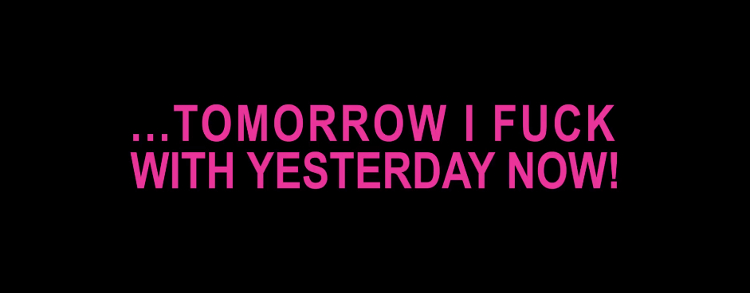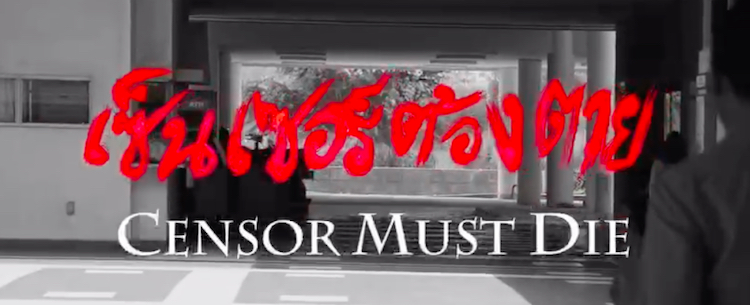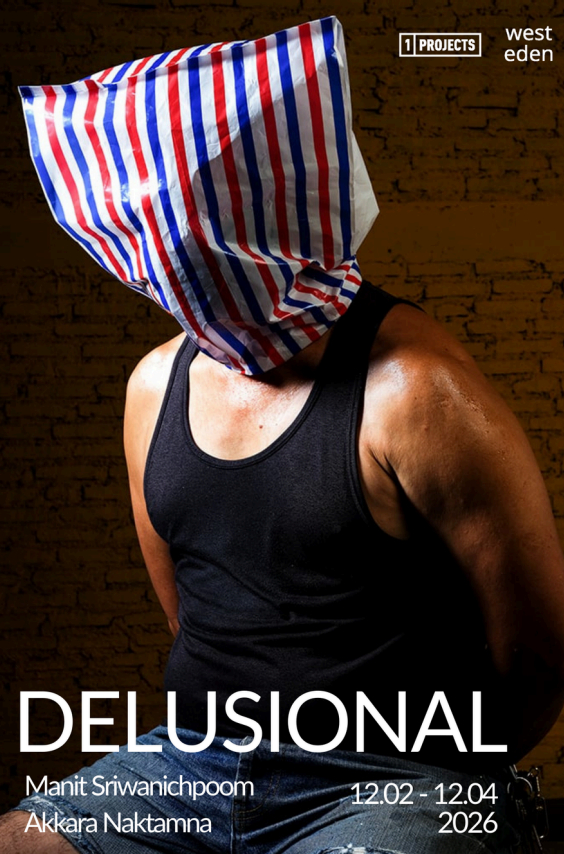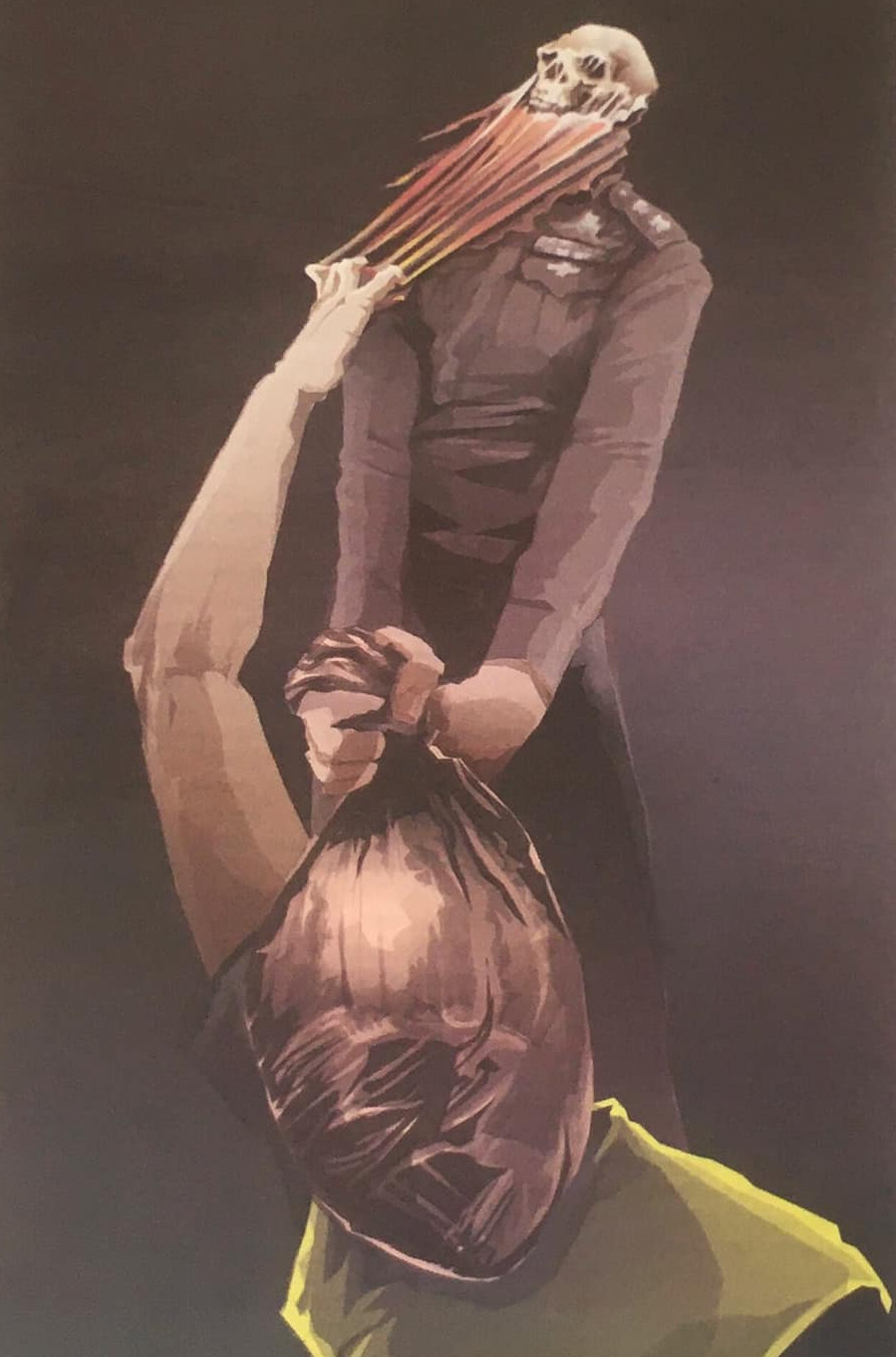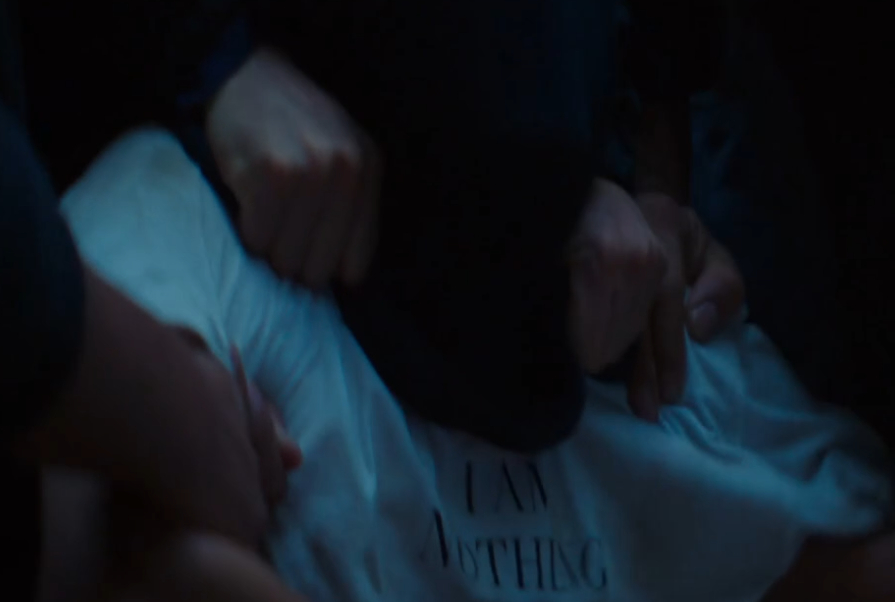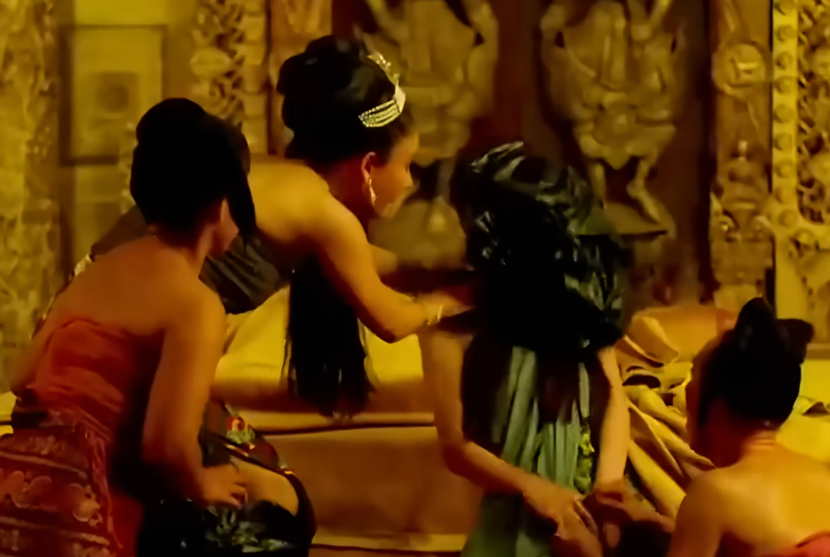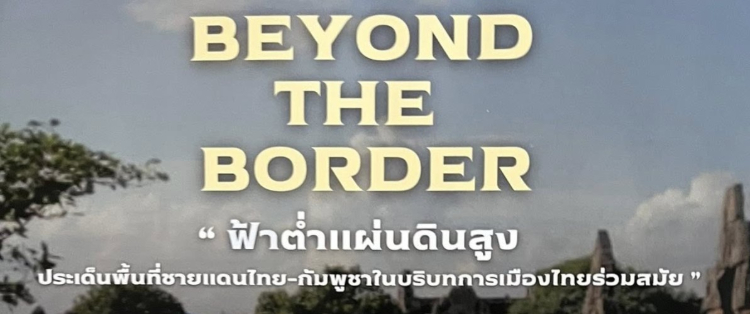

Dib Bangkok opened on 21st December last year, and its inaugural exhibition, Invisible Presence (ล่องไม่หน), runs until 3rd August. The museum was founded by a Thai businessman with an arts background, though he died in 2023 before construction was completed.
One of the highlights of Invisible Presence is the video installation Emerald (มรกต), in which Apichatpong Weerasethakul’s camera glides elegiacally through a deserted hotel. Emerald was previously shown at Tomyam Pladib (ต้มยำปลาดิบ), Save the Film, Indy Spirit Project, the International Buddhist Film Festival, and the Thailand Biennale.
One of the highlights of Invisible Presence is the video installation Emerald (มรกต), in which Apichatpong Weerasethakul’s camera glides elegiacally through a deserted hotel. Emerald was previously shown at Tomyam Pladib (ต้มยำปลาดิบ), Save the Film, Indy Spirit Project, the International Buddhist Film Festival, and the Thailand Biennale.

Dib is billed as Thailand’s first contemporary art museum, though that’s not really accurate, as the Museum of Contemporary Art opened in Bangkok in 2012, and the MAIIAM Contemporary Art Museum opened in Chiang Mai in 2016. Like MoCA and MAIIAM, Dib has its strengths and weaknesses.
On the positive side:
On the positive side:
- All three museums have stunning architecture. Dib has an impressive courtyard, a conical ‘chapel’ gallery, and a cylindrical tower (James Turrell’s Straight Up). Similarly, MAIIAM has a dazzling mirrored façade, and the MoCA building is a vast granite structure.
- Dib has a genuinely contemporary collection, with an emphasis on installation art from the past thirty years. This is also true of MAIIAM, though MoCA (despite its name) focuses on traditional figurative and religious paintings.
- Dib’s permanent collection is a combination of Thai and international artworks. On the other hand, MAIIAM and MoCA both exhibit work exclusively by Thai artists.
- Dib is overstaffed: each of its galleries has several attendants keeping a close watch on visitors. This is similar to MoCA, though MAIIAM allows people to explore its galleries relatively unsupervised.
- Dib is expensive to visit: its admission price is as much as MoCA and MAIIAM’s combined. Also, Dib has a dual-pricing policy, charging foreign visitors extra, whereas MoCA and MAIIAM charge all nationalities equally.
- All three museums depend on the tastes of their founders. Dib was founded by Petch Osathanugrah, and its permanent collection consists of works purchased by him. Similarly, MoCA is based on the private collection of Boonchai Bencharongkul, and MAIIAM’s holdings were collected by its founders Jean Michel Beurdeley and Patrsi Bunnag.


